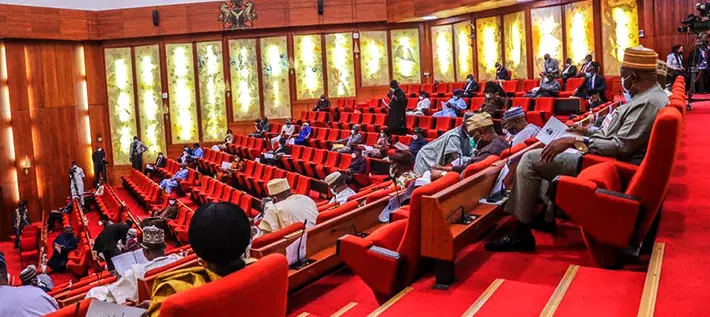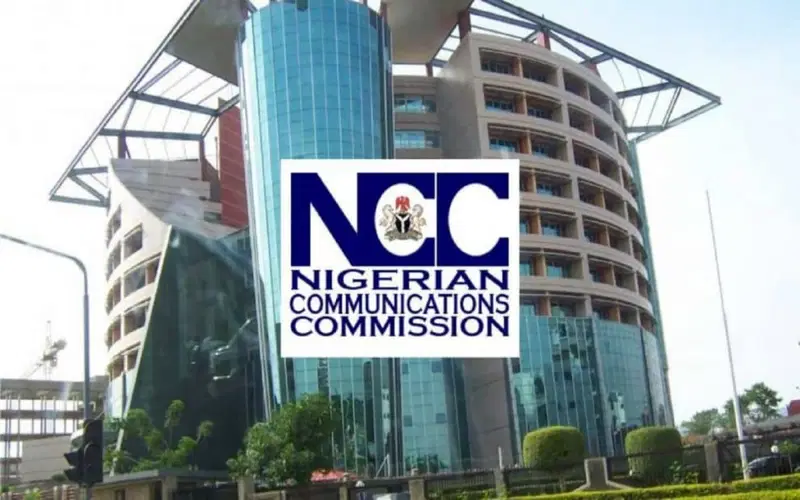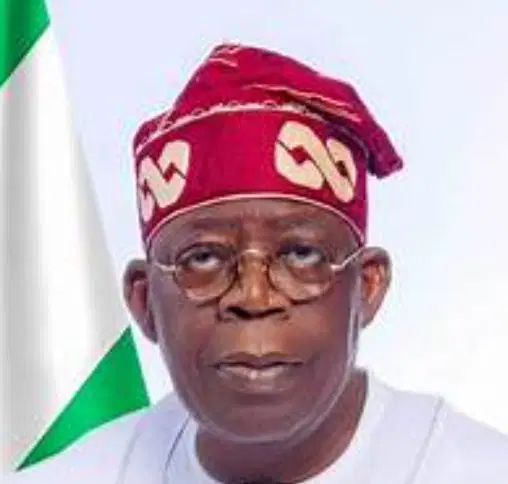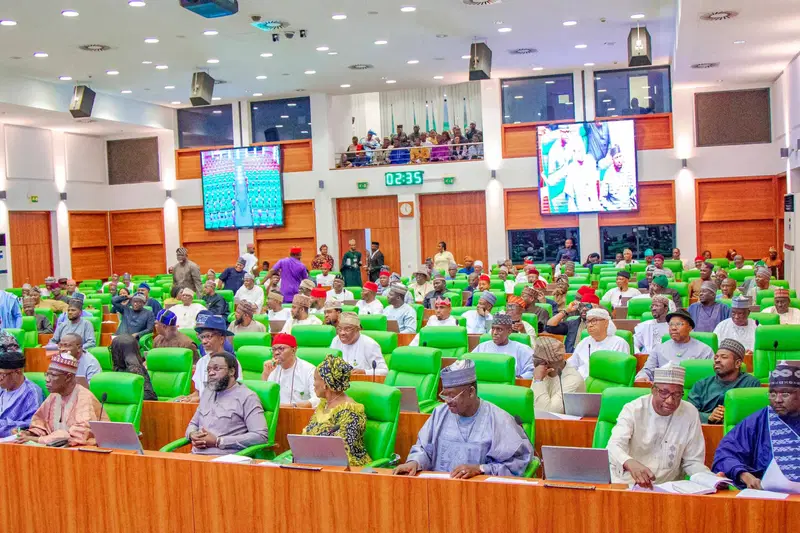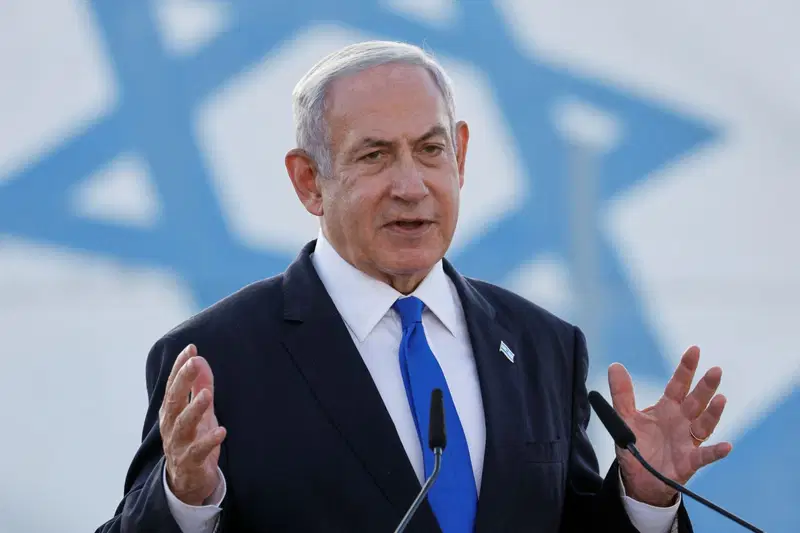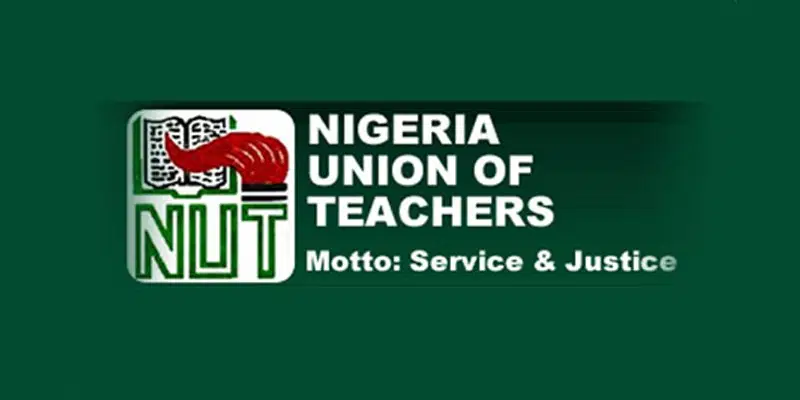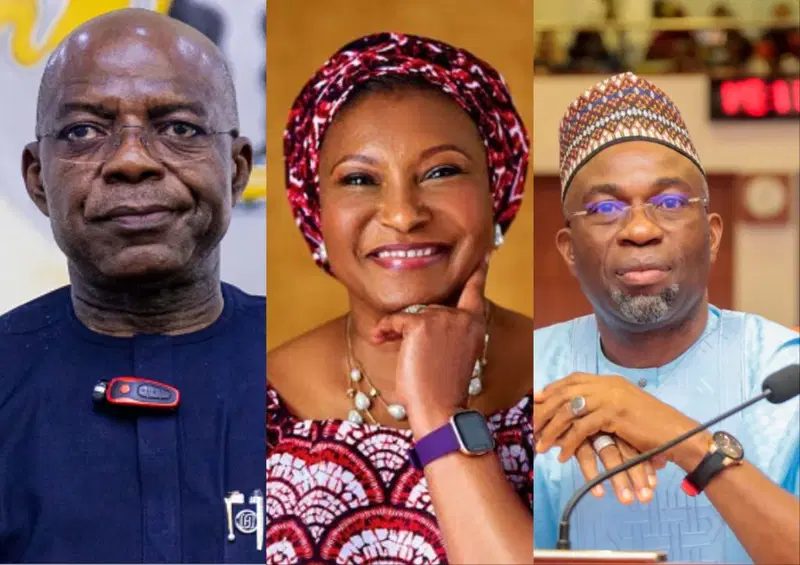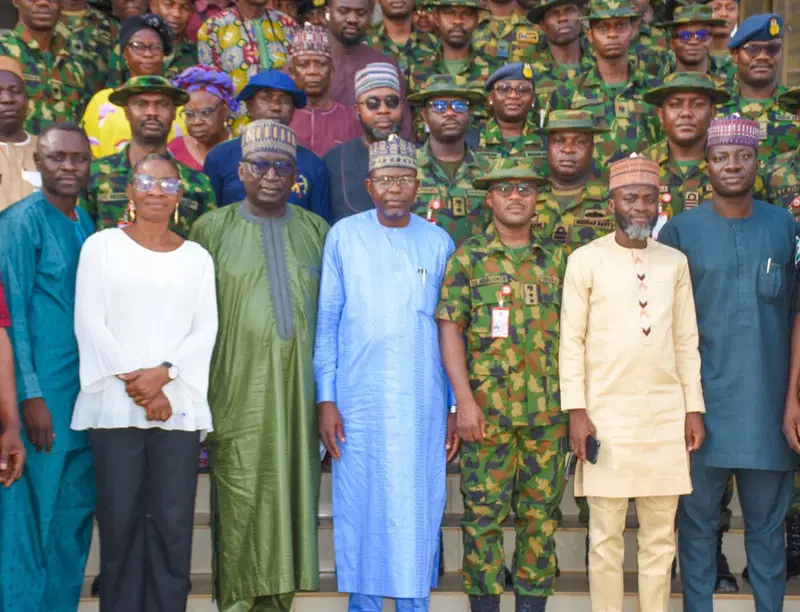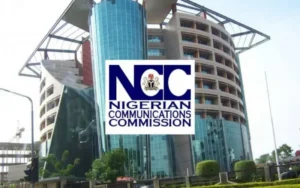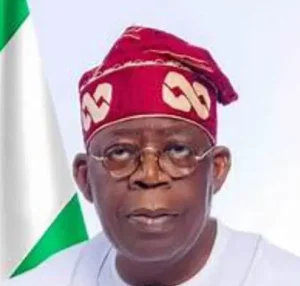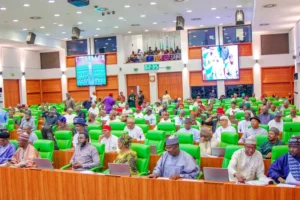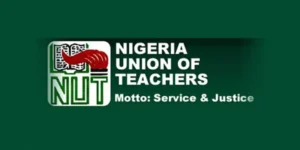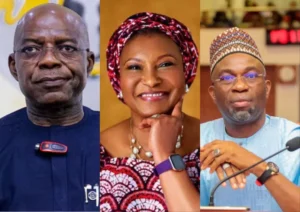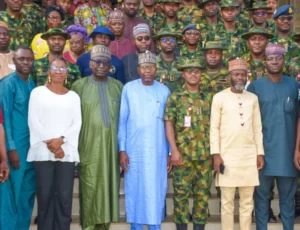- Bill for Simultaneous Elections: A bill proposing simultaneous elections has passed its second reading in the Senate.
- Aims to Curb Electoral Malpractice: The bill aims to reduce voter fatigue, enhance credibility in the electoral process, and minimize disruptions to governance.
- Concerns over INEC’s Capacity: Some lawmakers have raised concerns about the Independent National Electoral Commission (INEC)’s capacity to conduct all elections in a single day.
- Potential for Confusion: Multiple ballot papers on a single day could cause confusion among illiterate voters.
- Electoral Reforms: The bill is part of a broader effort to reform Nigeria’s electoral process and deepen democracy.
To curb electoral malpractice in Nigeria, several measures are being proposed and implemented. One significant reform is the bill proposing simultaneous elections, which has passed its second reading ¹. This bill aims to reduce voter fatigue, enhance credibility in the electoral process, and minimize disruptions to governance caused by staggered elections.
However, some lawmakers have raised concerns about the Independent National Electoral Commission (INEC)’s capacity to conduct all elections in a single day. Senator Adams Oshiomhole cautioned that INEC must be adequately prepared for the enormous task, and that multiple ballot papers on a single day could cause confusion among illiterate voters.
Other proposed reforms include:
- Electoral Reform Bills: The House of Representatives has advanced 39 constitutional amendment bills, including 13 focused on electoral reforms .
- Resolution of Election Petitions: A bill proposes that all election petitions must be resolved before the swearing-in of elected officials .
- Electoral Reforms Committee: The Senator Ken Nnamani-led Constitution and Electoral Reform Committee has submitted its report, recommending reforms to the electoral process .
These reforms aim to deepen democracy, encourage greater citizen participation, and reduce economic losses from prolonged election cycles. Stakeholders are closely monitoring the progress of these reforms, which could mark a significant turning point in Nigeria’s electoral landscape.

